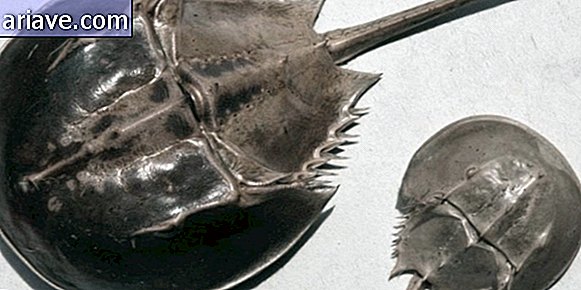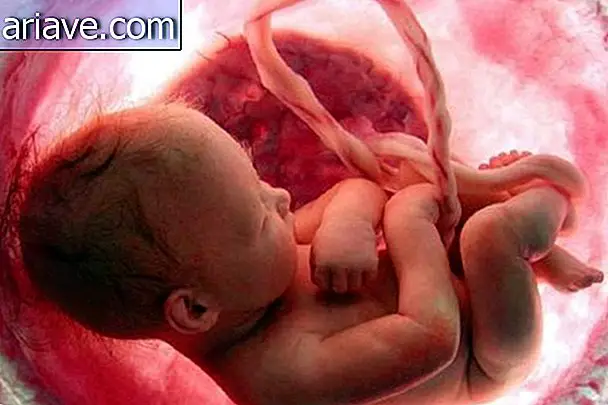Milk Does Not Reduce Fracture Risk, Research Says
Contrary to a well-accepted and widespread hypothesis in medicine, a Swedish study released yesterday points out that high milk consumption does not reduce the occurrence of bone fractures and may even increase the risk of death.
Research by scientists at the University of Uppsala, Sweden, and published in The British Medical Journal of the United Kingdom, showed that in both men and women observed for years, the mortality rate was higher among those taking more of three glasses of milk per day (average 680 ml) than among those who consumed up to one glass.
In addition, no reduction in fracture risk was observed in any of the participants, contrary to studies showing that milk plays an important role in preventing osteoporosis. Swedish scientists point out, however, that the results of the study must be interpreted with caution, as the research has been observational and does not yet provide sufficient evidence to prove the cause-and-effect relationship between milk consumption and fracture occurrence. and deaths.
They argue that, based on this result, further studies should be done on the subject to evaluate the real need to change the recommendations on the amount of product that should be consumed daily.
Reasons
Although the research does not yet allow definitive conclusions, the hypothesis of Swedish researchers is that milk consumption may be detrimental because of the high levels of lactose and galactose, types of sugar present in the drink, which, according to previous studies done in animals, increase oxidative stress in the body and chronic inflammatory processes.

The hypothesis that sugars would be the villains of milk gains strength from another finding: there was a decrease in the number of fractures and deaths among the group that consumed high rates of low-lactose fermented dairy products, including some. types of yogurt and cheese.
Methodology
To assess the relationship between milk consumption and the occurrence of fractures and deaths, Uppsala University scientists followed a group of 61, 433 women for 20 years, during which 15, 541 deaths and 17, 252 fractures were recorded. The other group consisted of 45, 339 men, followed for 11 years, when 10, 112 deaths and 5, 066 fractures occurred.
According to the research, no reduction in fracture risk and increased mortality were more relevant among female participants. The study showed a link between product consumption and increased oxidative stress.
By Fabiana Cambricoli - Sao Paulo.
Via In Summary











